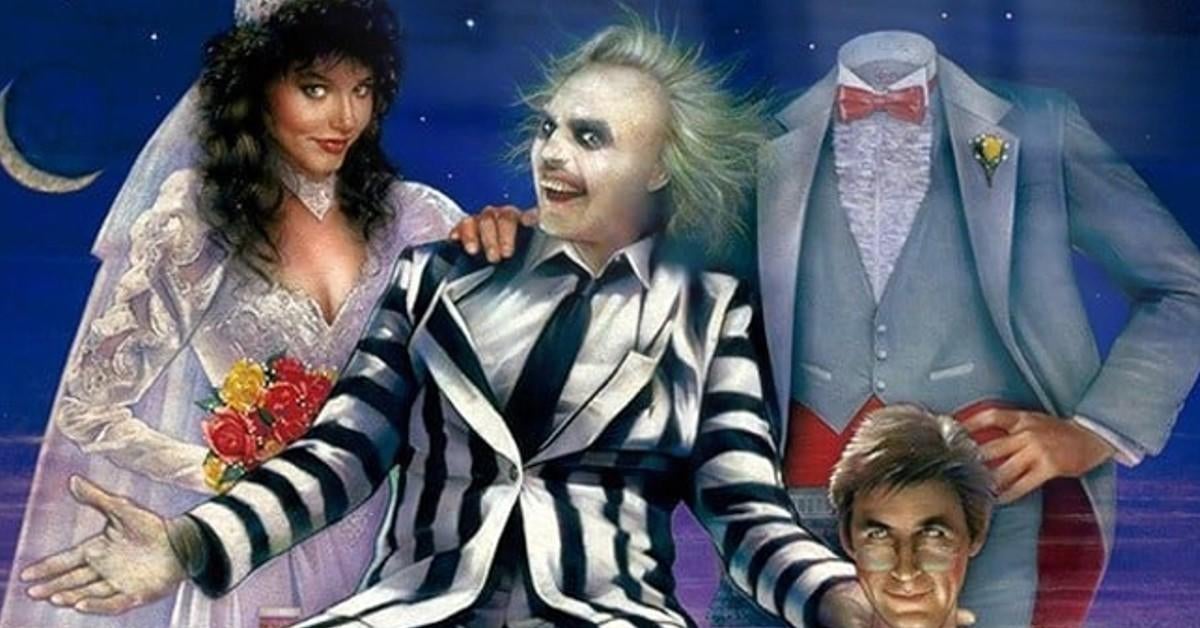Orphan Black Premiered Ten Years Ago Today
Exactly one decade ago, Sarah Manning and Beth Childs had a chance encounter on a train platform— and nothing was ever the same. Ten years ago today, on March 30th, 2013, the series premiere of Orphan Black made its debut on BBC America and Space. Orphan Black, which combined the minutia of science fiction with gripping drama, was somewhat of a sleeper hit — at its absolute best, the series pulled in only 1.271 million in linear ratings. But as fans of Orphan Black, affectionally dubbed "Clone Club", know, that definitely didn't matter. One decade later, Orphan Black remains a touchstone in modern television, the story of which has only grown and gotten more special in recent years.
Airing from 2013 through 2017, Orphan Black followed an ever-growing web of genetically identical human clones (created under a secret experiment dubbed "Project Leda"), who have largely lived their lives unaware of their origin story. When Sarah accidentally spots Beth from across a train platform, right before Beth takes her own life, it sends her down a rabbit hole of sisterhood, identity, and a fight for survival. Anchoring the series was Tatiana Maslany's performance as all of the adult Leda clones, including (but absolutely not limited to) Sarah, her murderous twin sister Helena, the whip-smart scientist Cosima, the high-strung housewife Alison, and the ice queen businesswoman Rachel.
In a sense, it feels disingenuous to refer to each character by these simple qualifiers, because Orphan Black proved each Leda to be complex and fascinating in their own right. Maslany's performance as the array of clones was nothing short of revolutionary, bringing distinct mannerisms and personalities to each Leda. (To this day, my mind still can't entirely process the idea that Rachel and Helena were played by the same person.) The show had fun with this in countless ways, between placing an ever-growing number of clones in the same scene or frame, or weaving in narrative "cloneswaps" where Maslany has to play one clone pretending to be another clone. The technical and creative prowess used to bring all of that to life still feels like a revelation, even as it has become more commonplace on other movies and television in the years since. When Maslany ultimately won the Best Actress in a Drama Series Emmy for her performance in 2016, it felt like one of television's best-kept secrets was finally being shared with the world.
It also helped that, at its core, Orphan Black was something special — a take on feminism, agency, identity, queerness, and body autonomy at a time when the world didn't know it needed it. Sure, it was far from the first or last television show to tackle these themes in one fell swoop, but its approach to them was wholly unique. Its heart-wrenching or chilling developments in the Leda clones' story were balanced out by — and arguably made better by — moments of coziness and levity, or the latest quotable one-liner from Alison, Helena, or Krystal. By the time the series' fifth and final season rolled around, and it stuck the landing with regards to its' characters' various stories, it was nothing short of satisfying.
Beyond the text of the show itself, Orphan Black has worked because it's been a franchise without having to fit into the now-standard trappings of a "franchise." The most prolific extensions of Orphan Black's story were in a series of tie-in comics, each of which justified their own existence by either expanding upon the mythos of an established character, introducing a new character (who would usually be introduced back onto the show), or imagining an entirely alternate universe where the Ledas' lives were different. Despite the overwhelming love for the series when it ended in 2017, the story of Orphan Black has only continued when it needed to — namely, in the Orphan Black: The Next Chapter audio series, which saw Maslany narrate the clones' lives eight years after the finale. In another timeline, we might be multiple seasons into a Felix spinoff or a high school drama starring Kira and Charlotte, but Orphan Black has known how not to diminish its central story.
That isn't to say that the world of Orphan Black isn't being built upon — this year is set to bring an AMC spinoff, Orphan Black: Echoes, which will follow new characters within the show's same world. While details about the spinoff are scarce, and there have been countless theories about how Echoes could tie into the flagship series, the possibility of getting a new dose of feminist, bizarre, and heartwarming television has definitely been compelling to many fans. While there's no telling what the next ten years will look like for Orphan Black and Clone Club, the legacy of both still lives on.




